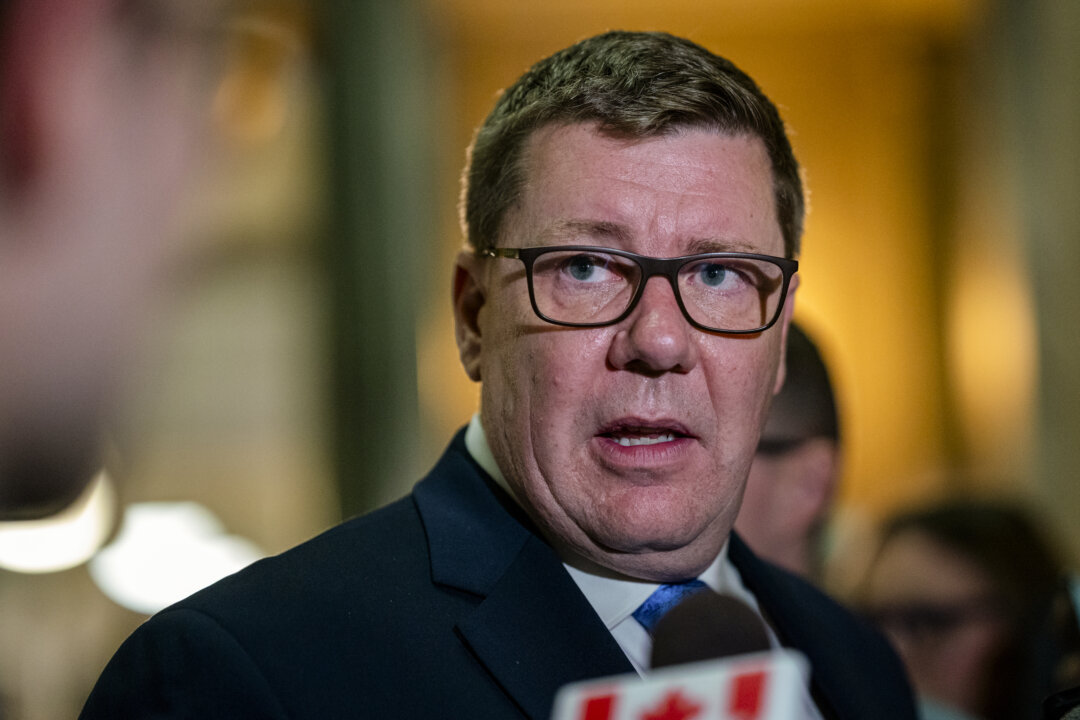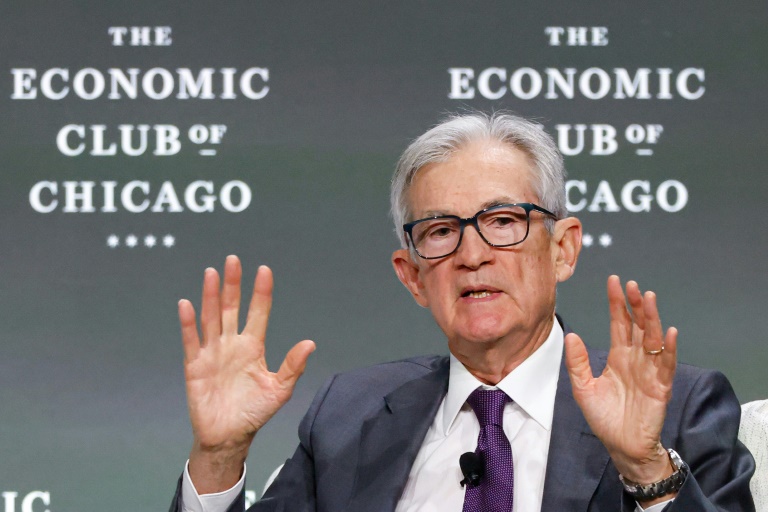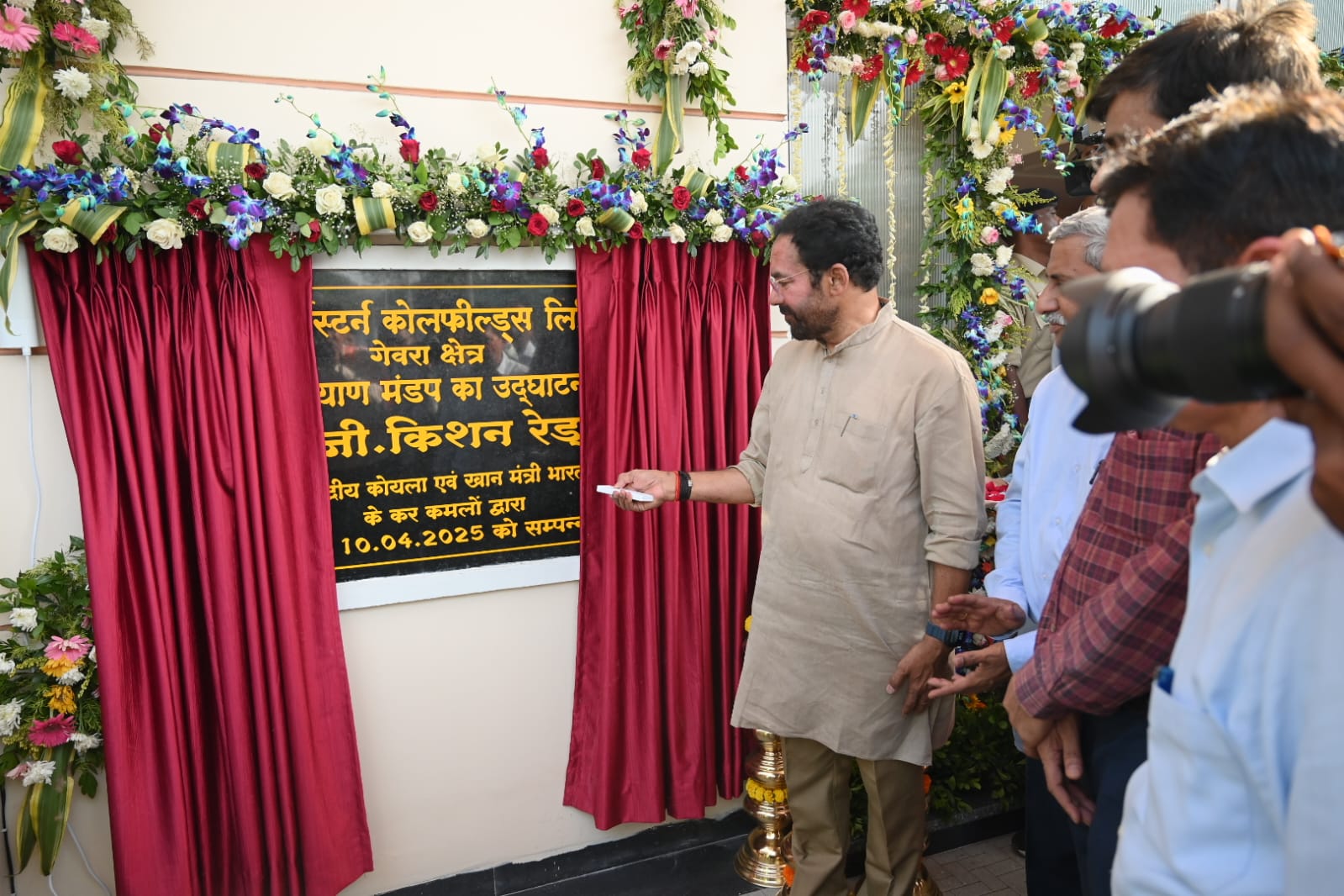Saskatchewan Premier Scott Moe is promoting what his province has to offer at the Food, Fuel, Fertilizer Summit in Regina. “It has never been more clear how vital Saskatchewan is to ensuring food and energy security around the world,” Moe said, adding that the summit emphasizes Saskatchewan’s “critical role in global trade and sustainable development.” The premier said more countries “are understanding the value that we bring to the table, realizing that choosing Saskatchewan is not just a good choice, but the right choice.
” Moe gave the keynote address just days after U.S. president Donald Trump announced reciprocal tariffs on imports from other countries.

Canada was not on the new tariff list, although Trump had already imposed 25 percent tariffs on Canadian steel, aluminum and vehicles. Saskatchewan has also been affected by 100 percent tariffs imposed by China on Canadian canola oil, canola meal, and peas. The tariffs were in response to 100 percent levies Canada imposed on Chinese EVs, and 25 percent on aluminum and steel.
In his keynote speech, Moe talked about food, energy, security, cutting the carbon tax, and the province’s plan to respond to the tariffs, including diversifying export markets. This is the third year of the summit, which examines the role Saskatchewan plays in the global sectors of agriculture, mining, and energy. Saskatchewan Chamber of Commerce president Prabha Ramaswamy said the province is a “reliable global partner” in the three sectors.
“With international engagement offices in nine countries across the world, Saskatchewan is poised to diversify markets, expand market access for businesses, and supply these vital resources to the world,” Ramaswamy said. “These tariffs, particularly from China, will disproportionately impact Saskatchewan and we urge the federal government to continue working with provinces to create an economically sound and reasoned response.” Moe said the province will continue to advocate for Saskatchewan with U.
S. and Chinese contacts and ask them to speak to local representatives. He also said the province would look for new markets for Saskatchewan exporters.
The government said private capital investment in Saskatchewan increased last year by 17.3 percent, reaching $14.7 billion, a figure projected to reach $16.
2 billion in 2025..
Top

Saskatchewan ‘vital’ to world food, energy security, Moe Tells Summit

Saskatchewan Premier Scott Moe is promoting what his province has to offer at the Food, Fuel, Fertilizer Summit in Regina. The event, hosted by the Saskatchewan Chamber of Commerce, drew more than 300 business leaders and policymakers, according to an April 8 government news release. “It has never been more clear how vital Saskatchewan is [...]











